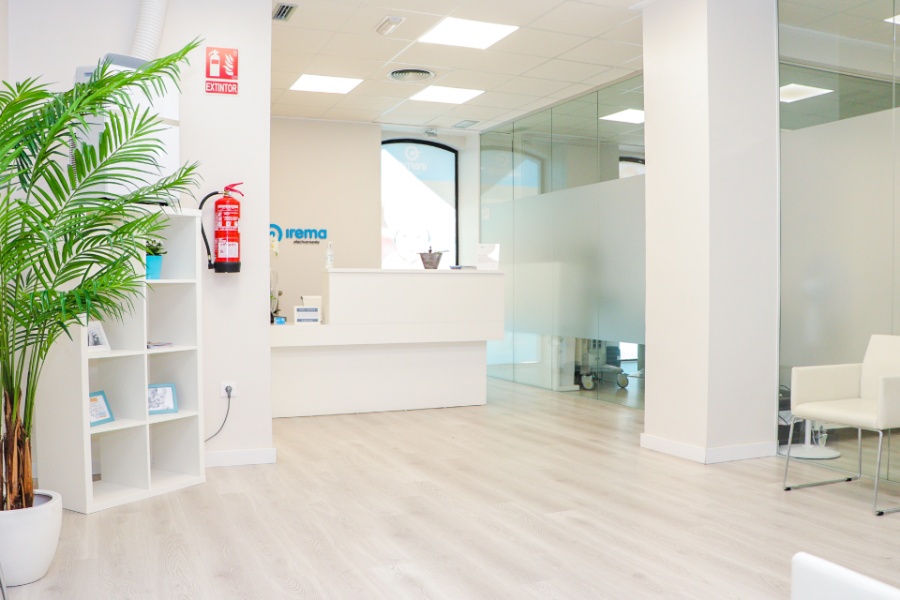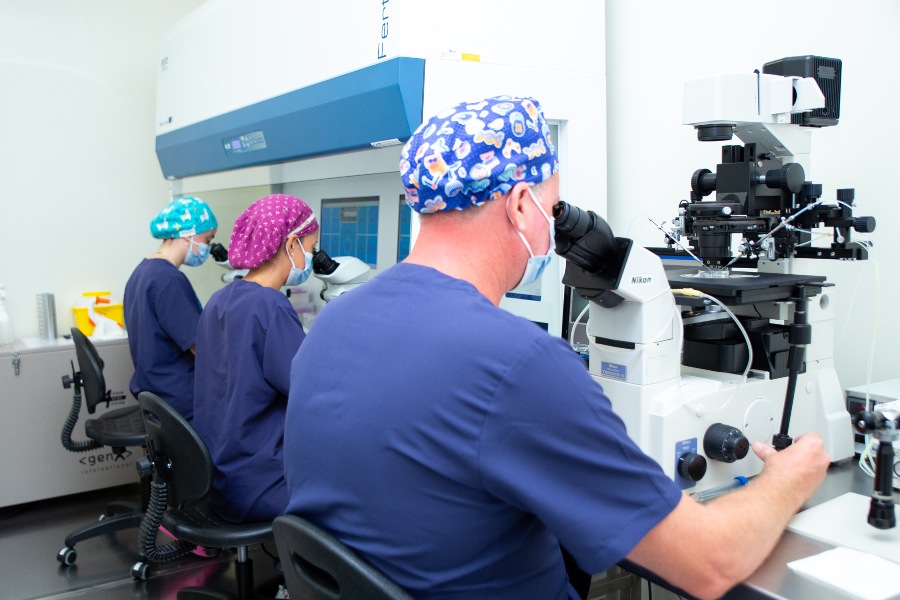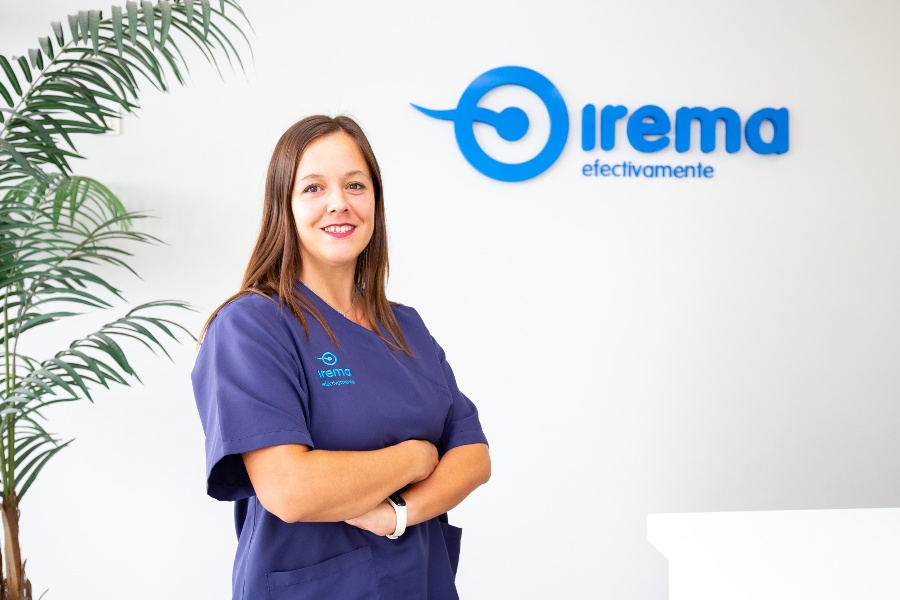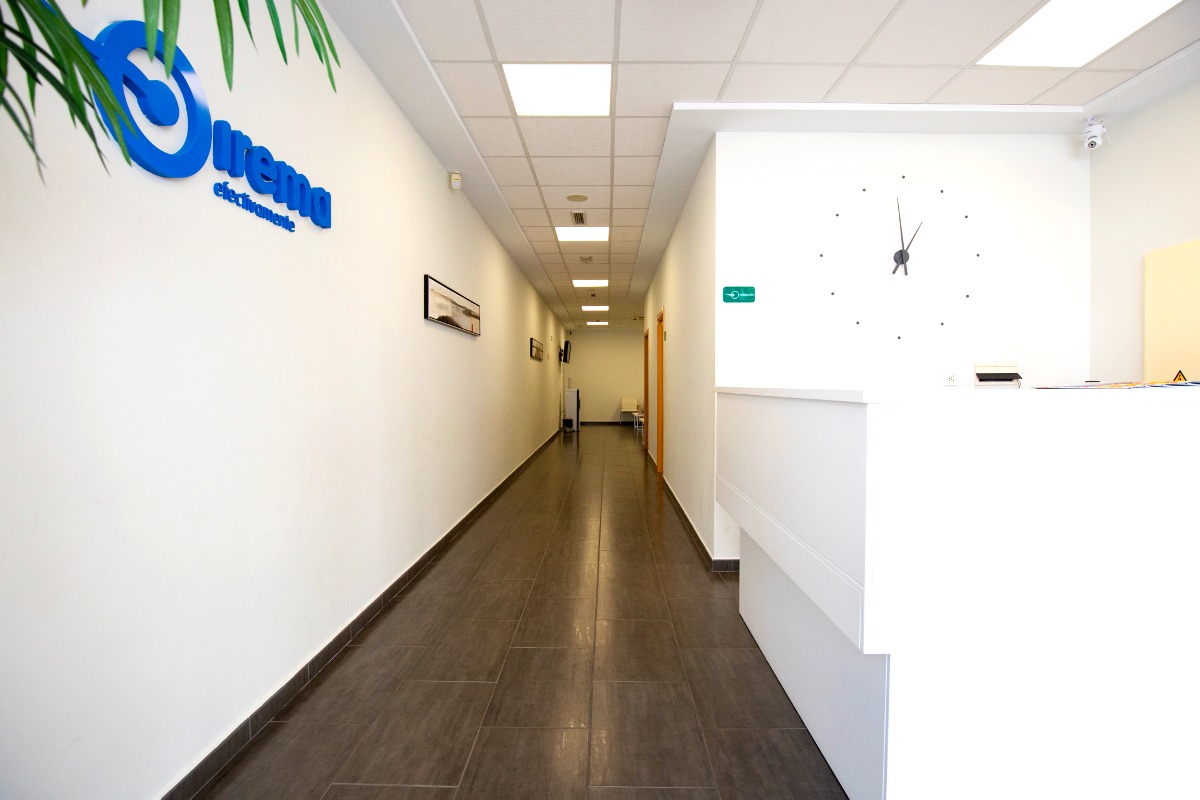About Fertility and Assisted Reproduction IREMA
Established in 2005, IREMA offers IVF treatments at two clinics located in Beniarbeig, Alicante, and Gandia, Valencia. IREMA’s commitment to excellence has earned IREMA the prestigious Best Fertility Clinic Award in 2015.
At the heart of IREMA’s approach lies personalized care tailored to each individual’s unique circumstances. Gone are the days of one-size-fits-all treatment plans. Instead, IREMA’s experienced medical team conducts thorough assessments, delving into the medical histories of patients and their partners to pinpoint the underlying causes of infertility. The clinic offers a diverse array of treatment options, including:
- IVF with partner’s sperm
- Donor sperm options for individuals facing specific challenges.
- Intracytoplasmic Sperm Injection (ICSI) for cases where sperm mobility or count is a concern.
- Egg donation programs for those grappling with infertility due to egg-related issues.
- Preimplantation Genetic Diagnosis (PGD) to ensure the viability of embryos before implantation, mitigating potential genetic abnormalities.
- Reciprocal IVF (ROPA) for same-sex couples, allowing both partners to actively participate in the conception process.
- Karyotyping – genetic testing method used to examine an individual’s chromosomes to identify and evaluate their size, shape, and number.

Egg Donation at IREMA
IREMA provides three distinct egg donation programs, each with a specific guarantee for the number of blastocysts: options include guarantees of 2, 3, or 5 blastocysts. These programs are designed to meet various needs and preferences. At the core of IREMA’s donor program lies a commitment to anonymity and rigorous screening protocols. In Spain, egg donation operates under strict anonymity laws, resulting in a larger pool of donors compared to countries without such regulations. This ensures a plentiful supply of donor eggs for prospective recipients. IREMA offers a diverse range of egg donors from various ethnic backgrounds, including Caucasian, Hispanic (Latino), Scandinavian, African, Asian, and Arab. This variety ensures that prospective parents can select a donor who closely aligns with their desired ethnic characteristics.
Rest assured, the health and fertility of donated oocytes are meticulously screened through comprehensive testing protocols. Additionally, detailed characteristics of donors are documented, facilitating precise matching with recipients based on factors like appearance and blood type. This meticulous process ensures optimal compatibility between donors and recipients, alleviating concerns about egg quality and enhancing the likelihood of successful treatment outcomes.

Genetic Testing at IREMA
When addressing patients’ infertility diagnoses, fertilization processes, and treatment plans, the embryologists at IREMA utilize a comprehensive suite of genetic studies to inform their approach. These studies include:
- Karyotyping: An analysis to examine chromosomes for any alterations that may affect fertility.
- Carrier Panel Study: A test to identify whether individuals carry genes for specific genetic disorders.
- Genetic Matching: donor-recipient matching.
- PGT (Preimplantation Genetic Testing) or PGD (Preimplantation Genetic Diagnosis): Advanced techniques to test embryos for genetic conditions before implantation.
Karyotyping involves taking a sample of an individual’s cells, which can be obtained through a blood test, and then staining the chromosomes to make them visible under a microscope. The chromosomes are arranged and displayed in a systematic order in a photograph, creating a karyotype. The primary purpose of karyotyping in the context of reproduction, as highlighted by the information from IREMA, is to detect chromosomal alterations that could be influencing fertility issues, such as recurrent miscarriages, fertilization failures, or the risk of chromosomal anomalies in offspring. By examining the chromosomes of the parents or sperm/egg donors, embryologists at IREMA can identify abnormalities such as extra chromosomes, missing chromosomes, or structural changes to the chromosomes that can lead to genetic disorders, affect an individual’s ability to conceive or maintain a pregnancy.
Therefore, karyotyping serves as an important diagnostic tool in reproductive medicine, offering valuable insights into genetic factors that may affect fertility and pregnancy outcomes. This allows specialists at IREMA to make informed decisions regarding fertility treatments of their patients.
Another crucial examination conducted by the clinic is Genetic Matching. While embarking on the journey of starting a family can be an enchanting experience, there is a potential hurdle that may arise: genetic incompatibility. Due to the intricate workings of DNA, many individuals worldwide may possess genetic profiles that are not harmonious. Consequently, the birth of a child under such circumstances can lead to future complications stemming from recessive genes and hereditary illnesses. Through the genetic matching test, the clinic can discern whether any underlying factors pose a risk to pregnancy. By identifying and addressing potential genetic mismatches, steps can be taken to mitigate any adverse effects and ensure a smooth pregnancy journey.
For further insights into donor-recipient matching, we invite you to explore the article: “Finding the Perfect Egg Donor-Recipient Match | A Conversation with Dr. Verónica at IREMA.”

Medical Team of IREMA
Central to IREMA’s success is its esteemed medical staff, led by Dr. Verónica Serrano De la Cruz Delgado, a specialist in Gynaecology and Obstetrics. Joining Dr. Verónica are colleagues Dr. Guillermo Terrado Gil, Dr.Omar Zamora Prado, Dr. Eugenia Romaguera Salort, Dr.Fernando Hernández Lloria, Dr. Rosana Ribes Salvador and Dr.Davinia Buigues Ochoa, all renowned for their expertise in infertility treatment. Supported by a team of dedicated professionals, including nurses, psychologists, and patient coordinators, IREMA ensures a seamless treatment experience for every patient. IREMA’s commitment to patient-centric care is exemplified by its multilingual Patient Care Team, comprising individuals fluent in English, Spanish, French, Dutch, Italian and German. This ensures clear communication and understanding, regardless of a patient’s linguistic background.
IREMA Location
Located in beautiful area of Beniarbeig, near Alicante, only 8 km/5 miles from the coastline, IREMA’s main clinic offers a peaceful setting conducive to healing and relaxation. They understand that accessibility is important, so the clinic is conveniently situated near Valencia airport (105 km/65 miles) and Alicante airport (101 km/63 miles), with transportation arrangements readily available for patients. Additionally, partnerships with local accommodations such as the Ad hoc Vitae Hotel offer discounted rates, further enhancing the patient experience.







